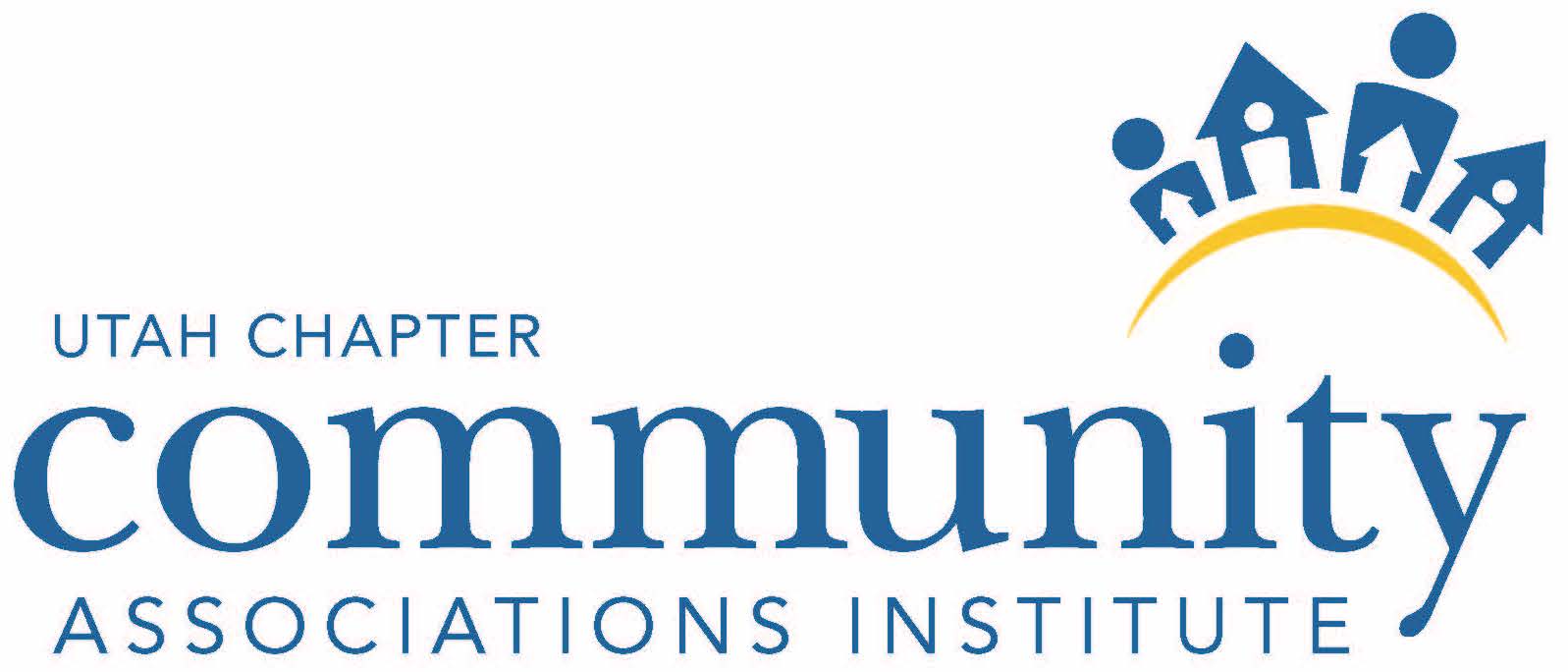Community Association Federal Tax Returns
Most associations file a form 1120-H return, which is a special return for community associations. Some associations such as commercial associations, and associations that don’t meet certain tests file a form 1120 return, which is a regular corporate return. Few associations are considered to be non-profit for federal tax purposes and file form 990 annually. Most associations file form 1120-H.
For an 1120-H return, associations pay 30% tax on net non-exempt function income such as interest/investment income earned from bank accounts, income from non-members such as cell tower income or rental of an association-owned unit, and user fees from members. Deductions are allowed and are calculated or specifically identified as incurred. Deductions applied against interest income generally include a portion of management and accounting fees, tax preparation fee, fiduciary insurance premium. Expenses related to other types of income are also considered for deductibility. Member assessments are not taxed when an association files form 1120-H.
For form 1120 filers, associations pay corporate tax rates on net membership income and net non-membership income. Complex tax issues will generally arise when associations file form 1120. Associations should follow strict accounting requirements including segregation of operating and reserves cash (fund accounting is preferred). Associations should adopt and adhere to a budget that related to the association’s reserve study, have minimal transfers between funds, document repayment plans for interfund loans, and be aware of the capital versus non-capital components within the reserve study. Association membership must also approve an annual Revenue Ruling 70-604 tax election. We recommend consulting with an industry specialized tax professional.
Jeremy Newman, CPA Newman
Certified Public Accountant PC
www.HOACPA.com
Specializing in community association audits and tax returns.

